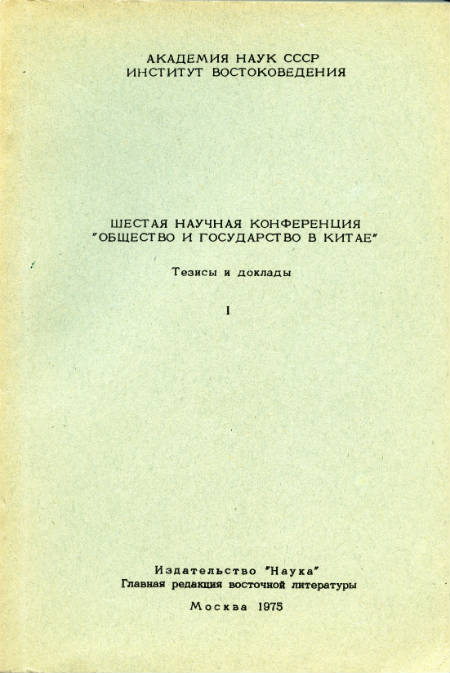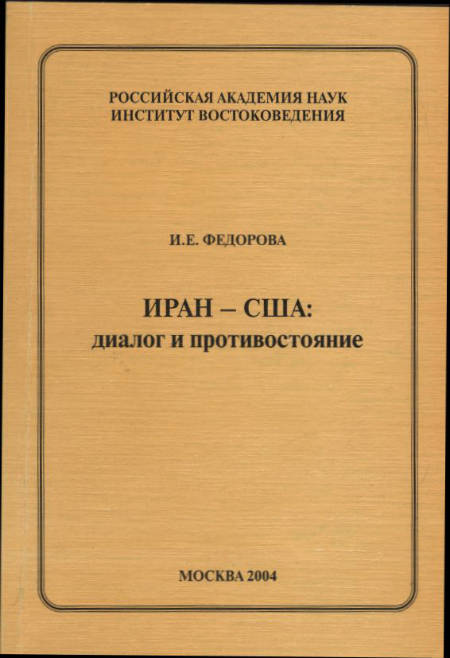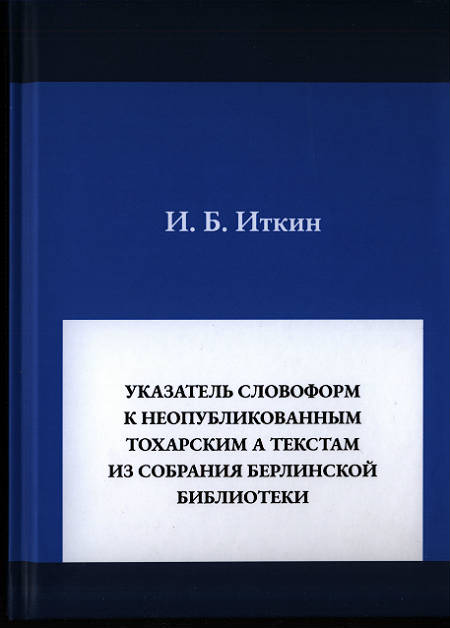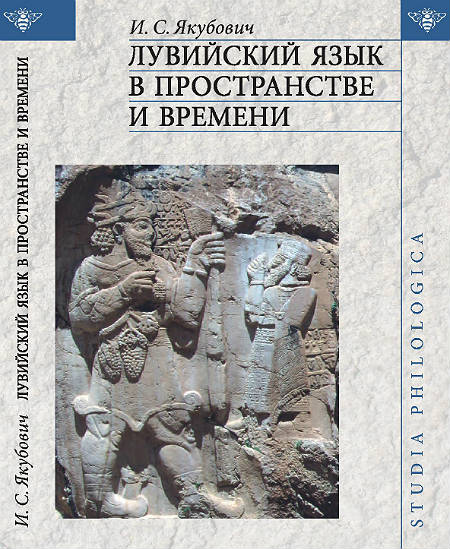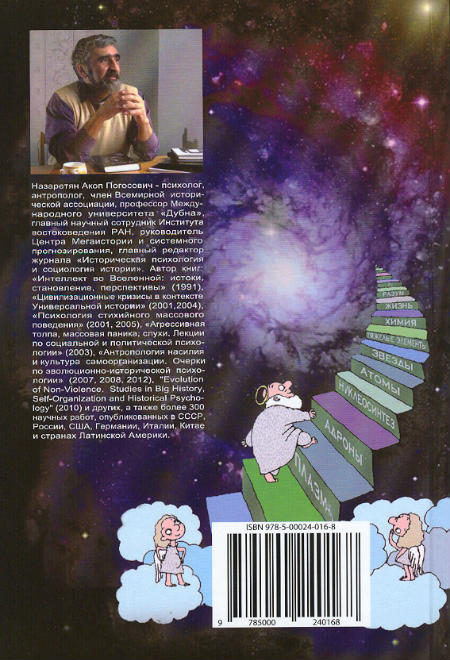Book
Nonlinear Futures : Mega-History, Complexity Theory, Anthropology & Psychology for Global Forecasting. 2nd improved and enlarged ed.
Москва, 2014, 512 p.
A series of independent calculations undertaken by various authors show that nature and then human society have been developing in accordance with general vectors and that this development has been successively accelerating for billions of years: the time between phase transitions in biospheric, presocial and social evolution have been decreasing in a logarithmic fashion. Having extrapolated the hyperbolic curve, the researchers found that the speed of global transformations will reach infinity and the interval between the phase transitions will reach zero by the middle of the 21st century. Does this imply that an unprecedented turning point in the development of humanity, the biosphere and perhaps the cosmos is expected in the observable future? What alternative scenarios are there? Is an irreversible collapse or a crucial change of vectors to be expected? How might the prospects of world civilization depend on our thoughts and activities? In order to discuss this situation, the author uses the scholarship developed by Mega-history (synonymous with Big, or Universal History), along with modern conceptions of astrophysics and microphysics, complexity theory, cultural anthropology, psychology and heuristics. He concludes that after having become a planetary factor, intellectual activity is apt to become a factor of cosmological significance. What might become a decisive obstacle to such development are not the limits of the mind’s ability to control mass and energy but its suicidal inability to cope with its own growing power. The book explores new perspective in worldviews and the meanings of life, which might promote the sustainability of global civilization under rapidly changing conditions.
РУССКАЯ ВЕРСИЯ: Нелинейное будущее. Мегаистория, синергетика, культурная антропология и психология в глобальном прогнозировании. 2-е изд., перераб. и доп.

